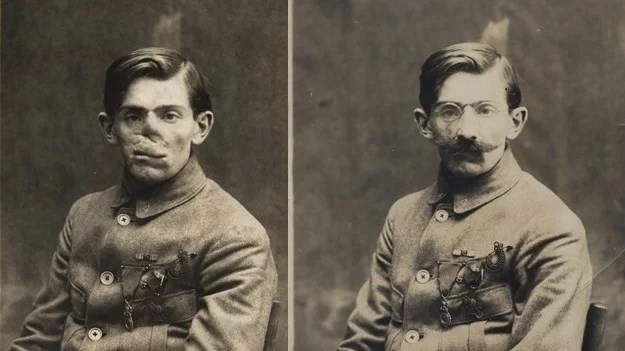Often when we think about Remembrance Day, we think about the service and sacrifice of the frontline soldiers and the battles they fought, and rightly so.
However, over the past week, I have been pondering those who serve in the aftermath of war when those soldiers come home broken, wounded or fundamentally changed by their harrowing experiences. I think of the Legion Poppy Fund, which was founded to support wounded soldiers by giving them employment to make the first poppies back in 1922 in order to support themselves in their post-war health trials, and which has evolved today into an all-encompassing support fund for veterans of all eras who need a little bit more support to pay for PTSD counselling or sometimes just basic living needs. I think of the Calgary-based Canadian Veterans Food Bank. I think of the War Amps which has been funding prostheses for wounded soldiers for over 100 years, and now helps other amputees in Canada as well.
All of these wonderful organizations, and others unnamed but equally well-regarded, continue to support veterans and their families here in Canada.
But for some reason this week, I have been thinking a lot about American artist Anna Coleman. And how under-rated her contribution was to many veterans whose faces were horribly disfigured or maimed in the Great War due to weapons fire, explosives, flamethrowers or poison gas attacks.
She worked for the Red Cross in Paris after the war out of her Studio for Portrait Masks. In the days before plastic surgery, there was not much that could be done for soldiers' destroyed faces. What she did was have sittings with these soldiers to create moulds of their faces, and by referencing photos of the men before their disfigurement, she crafted life-like masks which could be placed over the wounded part of the men’s faces to create some semblance of what they looked like before.
What a fundamentally compassionate act. She used her vast talents to help men who must have felt utterly hopeless in their situations. You can still see her work online today, and it reminds us all there are many ways to honour and support veterans.
So buy a poppy, make a donation to the War Amps keychain fund, get together with some friends to make a quilt to donate to a veteran.
There are no small ways when it comes to supporting veterans if your heart is in the right place.




